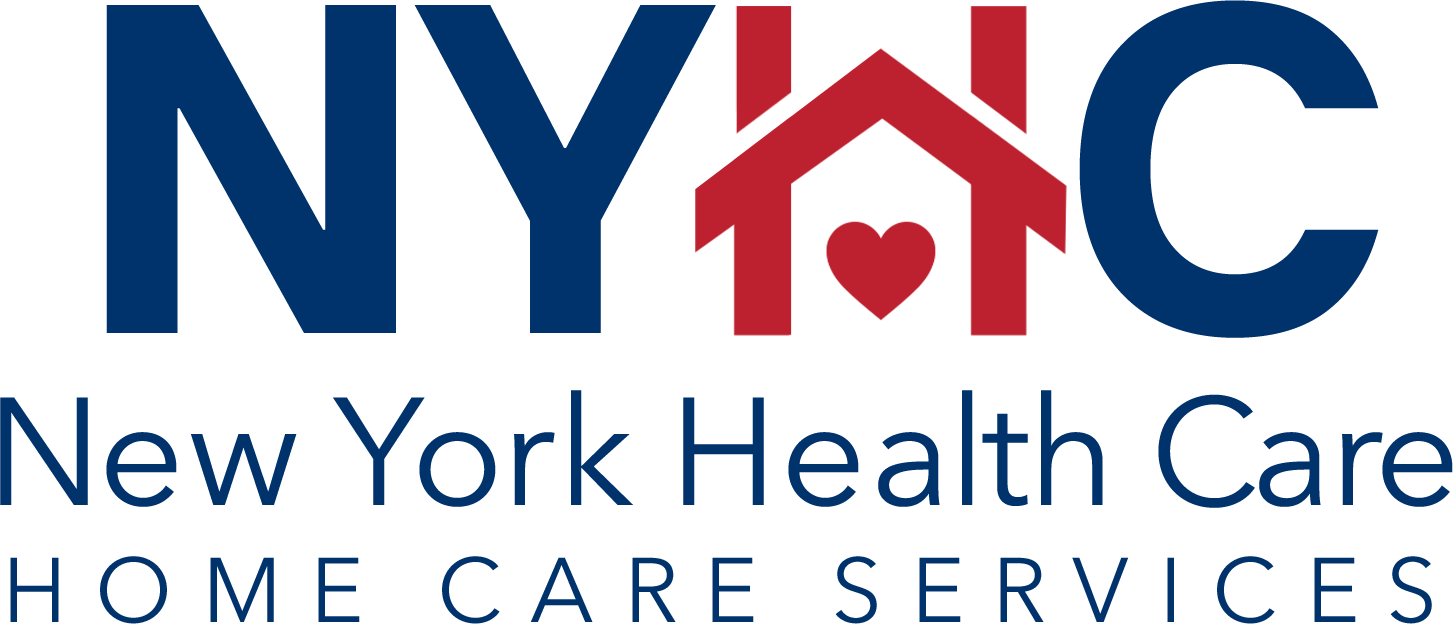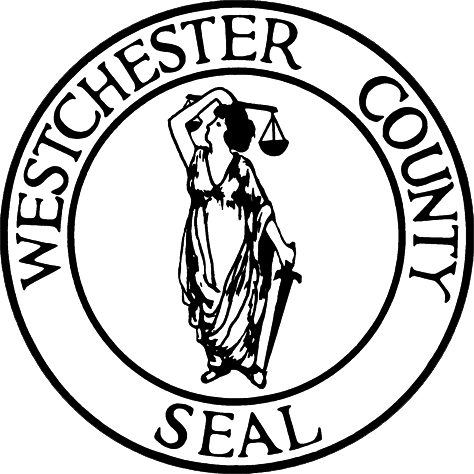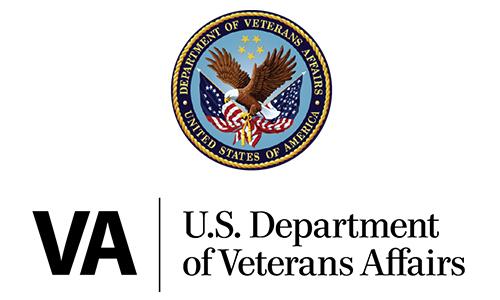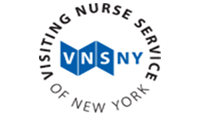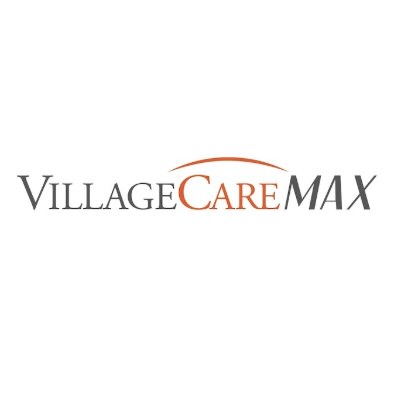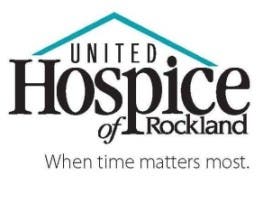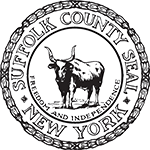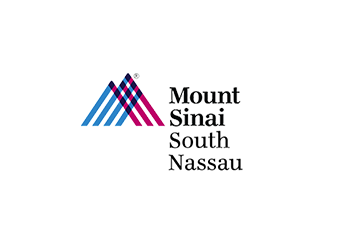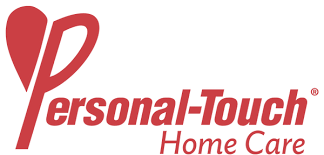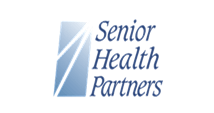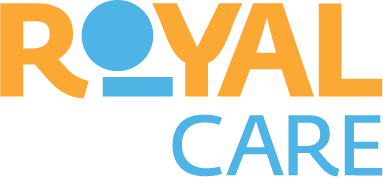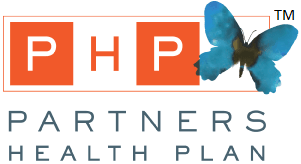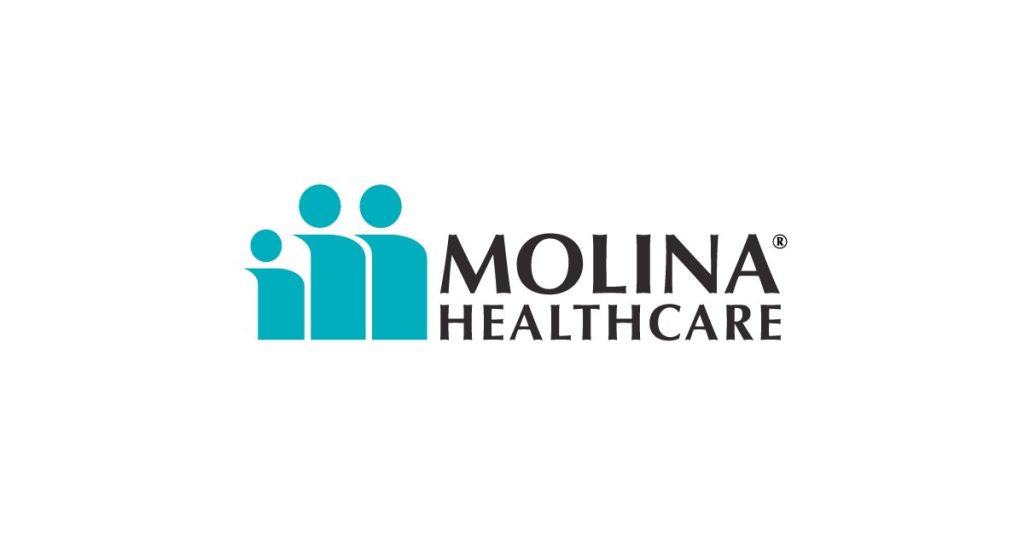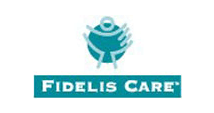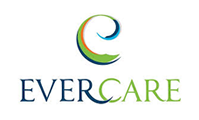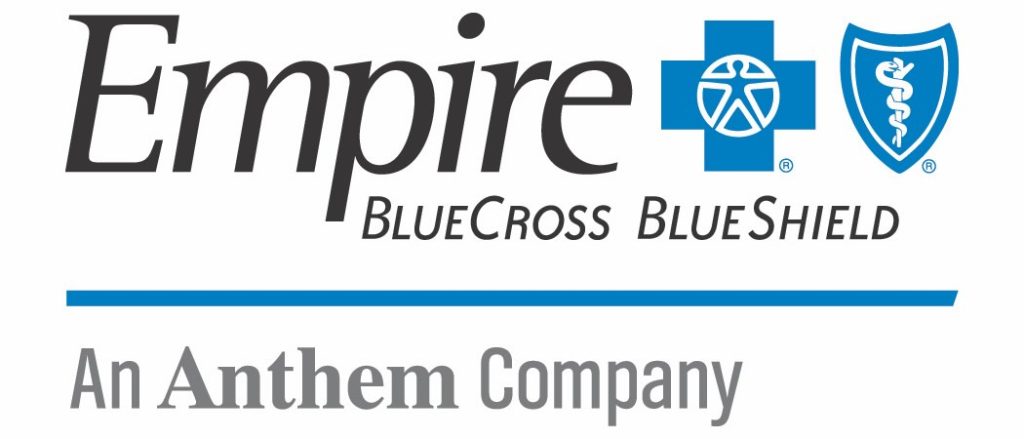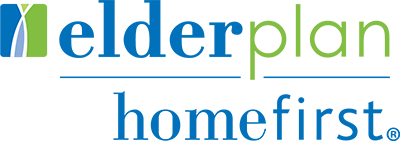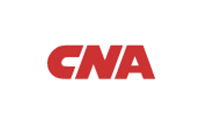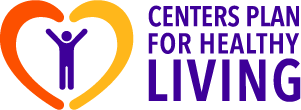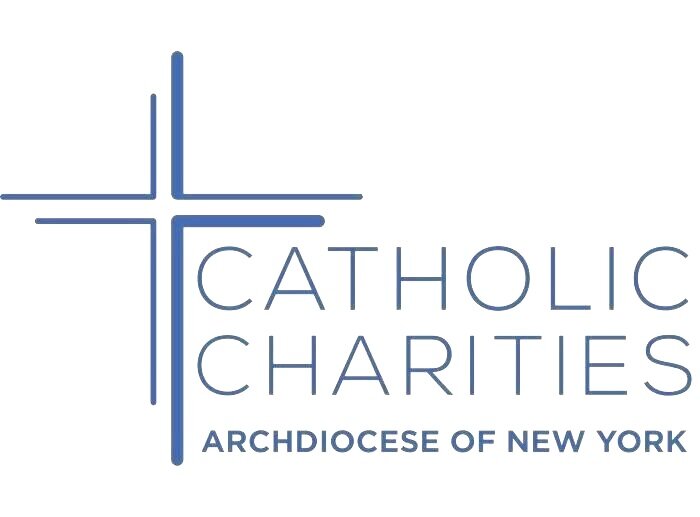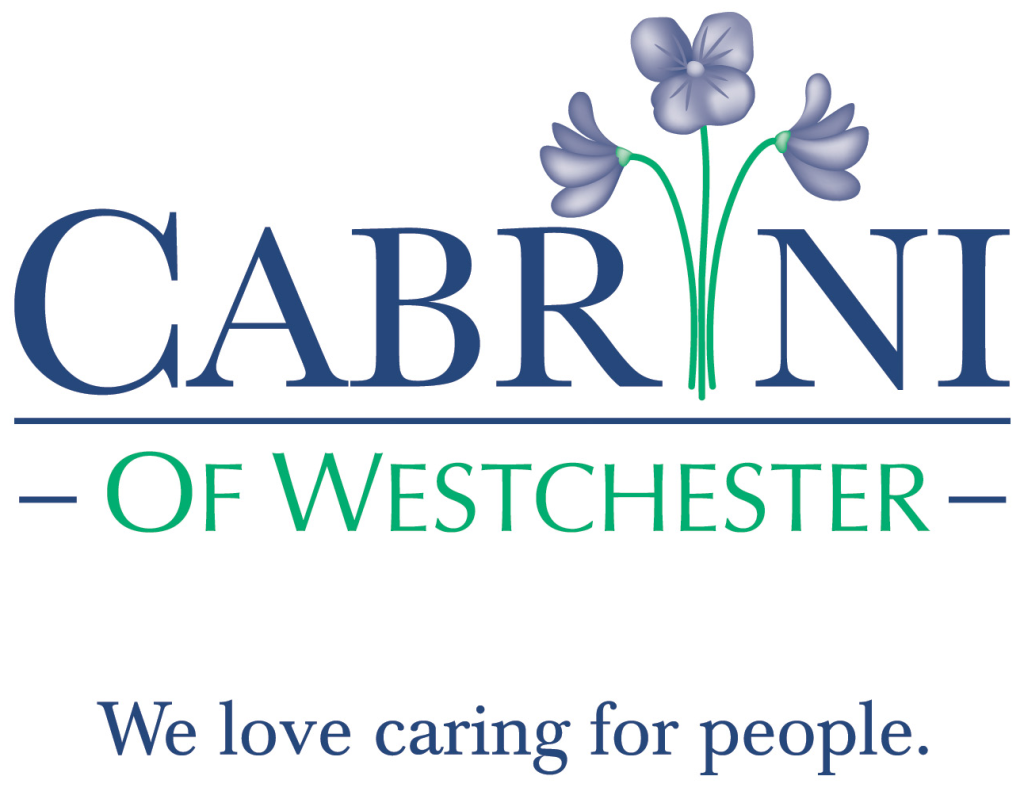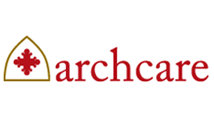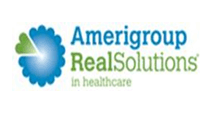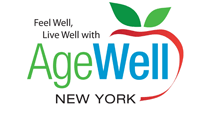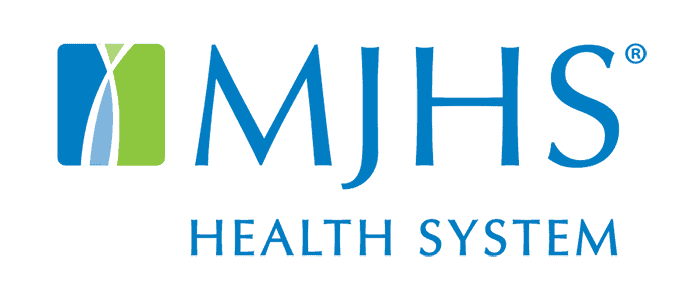FAQs
What Functions is a Personal Assistant able to help with?
Personal Assistants are able to provide a wide range of services such as assisting with bathing, feeding, dressing, bathroom needs, cooking, cleaning, laundry and even medication management.
Can a friend or family member be my Personal Assistant?
Yes, friends and family can generally be hired to become your Personal Assistant.
Do my Personal Assistant’s need specialized training or certifications?
Personal Assistants are not required to be certified or undergo prior training.
Are CDPAP services free of cost?
Yes, as a consumer you will not have to pay for CDPAP services. CDPAP is a New York State Medicaid sponsored program, and upon approval you will not need to pay for services.
How to apply for CDPAP?
The eligibility and sign up process can be overwhelming at times. Please contact New York Health to receive step by step assistance with your CDPAP services (855) 446-3300.
How much does private-duty nursing cost?
It depends on various factors, including the patient’s condition, the type of care they need, the skill level of the nurse, and working hours. For accurate information, feel free to contact NYHC’s experts.
How can I find a private-duty nurse in New York?
NYHC is one of the leading home health care providers in New York State. You can simply contact us through our website; our experts will inform you about the complete procedure.
What are the duties of a private duty nurse?
Private duty care covers various services depending on the patient’s requirements. Some of the prominent ones are:
- Making a care plan for the patient.
- Managing chronic illness or disability.
- Monitoring the changing condition of the patient.
- Keeping a record of the treatment recommended by the physician.
- Regularly update the patient or family members about the progress.
How is private-duty nursing different from home health care?
Home health care is a broader term covering a large number of home-based health services, including nursing, therapies, and home health aides. Besides, private-duty nursing services focus on providing one-on-one medical care to patients.
What is private duty nursing?
Private duty nursing services are one-on-one personalized care for patients or chronically ill people who can’t care for themselves. A family or an individual can hire a skilled nurse to care for their medical issues.
How much does Home Health Care services cost in New York?
Many of our patients receive care at no out of pocket cost to themselves through the NYS Medicaid Program. However, it depends based on an individual’s personal situation such as income and Medicaid eligibility.
How can I get HHA services in New York?
Please contact us and our experts will inform you about the complete procedure. We have offices and coverage throughout NYC, Nassau, Suffolk and Westchester, Rockland and Newburgh Counties.
Do Home Health Aides need certification in New York?
Yes, it is mandatory for Home Health Aides to be trained and certified. In order to continue to be active they must also undergo annual in-services classes.
Does NYHC offer specialized care for seniors with dementia or Alzheimer’s disease?
Yes, NYHC has caregivers available who specialize in handling elderly people with dementia or Alzheimer’s disease. We offer specialized care to all such people to enhance their quality of life while providing them with the comfort they need.
Is there any way that I can get only senior care services from NYHC without paying much through my account?
What is the cost of senior home care services from NYHC?
Senior home care costs can vary depending on the consumer’s unique needs, routine, and level of care required. But we guarantee that NYHC offers the most competitive pricing in the whole market. You can contact us to talk to our experts, who can estimate the cost.
What type of senior care services does NYHC offer?
NYHC offers a wide range of in-home care services for seniors, including medication management, mobility support, assistance with daily tasks, and specialized private care for seniors with medical conditions.
What is senior care, and how is it different from other types of care?
Unlike other types of care, senior home care services are focused on meeting the unique needs of elderly people. Senior care generally includes personal care, companionship, and assistance with activities of daily living.
What does Private Pay cost?
As such, a Private Pay healthcare plan has no fixed cost. Home care cost depends on various factors, including:
- Nature of care you need
- Frequency and duration
- Level of caregiver expertise
- Additional services
What is Private Pay in healthcare?
Private Pay is a dedicated home healthcare plan through which you can get personalized care plan without facing any restrictions from traditional insurance companies or government-funded plans. Whether you need short-term care or want a long-term plan, both can be covered under Private Pay.
How to get Private Pay home care?
Contact us through our website and book a consultation with one of our experts. Just tell them about the nature of support you need, and they will let you know about all the home care options. After that, you can choose the one most feasible for you.
How can I start personal care services through NYHC?
Contact us through our website or call directly at 718-375-6700, extension 2915. Our dedicated team of experts are here to guide you through the process of applying every step of the way.
Who can benefit from personal care services?
Any individual unable to perform his/her daily routine tasks due to some disability, chronic illness, or aging-related challenges is eligible for personal wellness services. If you or your loved one are facing this situation, just contact NYHC and our experts will guide you through the process.
What are personal care services?
Personal care services include a wide range of assistance provided to people who need help with activities of daily living, including eating, bathing, washing, medication, grooming, mobility, and more.
What Functions is a Personal Assistant able to help with?
Personal Assistants are able to provide a wide range of services such as assisting with bathing, feeding, dressing, bathroom needs, cooking, cleaning, laundry and even medication management.
Can a friend or family member be my Personal Assistant?
Yes, friends and family can generally be hired to become your Personal Assistant.
Do my Personal Assistant’s need specialized training or certifications?
Personal Assistants are not required to be certified or undergo prior training.
How can I start getting Companion Care services for my loved one with NYHC?
The whole process of getting companion care services at NYHC is quite simple. You can contact us through our website, talk to our experts and let them know about your details. After that our management will connect you with the most appropriate caregiver in our team.
Is Companion Care only for seniors with specific health conditions, or can any senior benefit from it?
At NYHC, companion care services are not limited to the seniors with health conditions. Any elderly person in search of companionship, and emotional support can contact us to get the required services.
What types of activities are included in Companion Care services?
There are a variety of activities including meaningful conversations, effective listening, exercise, accompanying to social events and participating in activities as per the interest of the recipient.
How do NYHC match caregivers with seniors for Companion Care?
At New York Health Care (NYHC), we conduct a thorough assessment while taking into account the unique preferences, needs, interests, hobbies and health situation of the relevant person. After that we find the most appropriate caregiver in our team whose expertise matches with the client.
What is Companion Care, and how does it differ from other home healthcare services?
Companion care is a specialized service dedicated to providing emotional support, and companionship to elderly people through communication and engagement in activities.
What specialized services does NYHC provide for Alzheimer’s and Dementia care?
New York Health Care provides emotional and physical support, assistance with daily life activities, medication management, companionship, and regular health monitoring. This way, we ensure an enhanced quality of life for the patients.
Can Alzheimer’s and Dementia be prevented?
Although there is no known cure in medical science, following a healthy schedule, including diet, exercise, and cognitive stimulation, can help the patient avoid serious repercussions.
How does NYHC ensure the safety of Alzheimer’s and Dementia patients in a home setting?
New York Health Care (NYHC) incorporates different protocols like medication management, assistance with activities of daily living, and continuous to ensure home care for Dementia and Alzheimer’s patients.
What is Alzheimer’s disease, and how does it differ from Dementia?
Dementia is a broader term that includes different diseases with symptoms of affected memory, cognitive functions, and daily life activities. On the other hand, Alzheimer’s is the most common cause of Dementia, where patient faces the issue of memory loss and cognitive decline.
How do you deal with Alzheimer’s as a family member?
Dealing with Alzheimer’s as a family member could be a long and challenging journey. Incorporating the right strategies like effective communication, continuous education, planning for the future, and flexibility and patience could provide you with the best results.
How to care for someone with Dementia and Alzheimer’s?
Caring for someone with Dementia and Alzheimer’s requires a compassionate and thoughtful approach. First, you must educate yourself, establish a routine and consistency, create a safe environment, and ensure effective communication with the patient.
What is the role of the Professional Registered Nurse?
The role of a professional registered nurse is quite diverse. It includes patient care, health promotion, disease prevention, collaboration with healthcare teams, administration of medications, and educating patients and their families.
Is a Registered Nurse a licensed medical professional?
Yes, a registered nurse is a licensed medical professional. To practice, registered nurses pass licensing exams, such as the NCLEX-RN, showing their competence and eligibility to provide medical care to patients.
Is a Registered Nurse a healthcare professional?
Absolutely a registered nurse is a vital healthcare professional. They play a key role in patient care, applying their skills and knowledge to promote health and well-being.
What is a Registered Professional Nurse?
A Registered Professional Nurse is a licensed and highly trained healthcare professional. They have all the necessary skills and knowledge to provide medical care to patients. People with different medical and mental health conditions hire RNs to receive quality treatment.
What Are the Education Requirements for a Licensed Practical Nurse (LPN)?
The education requirements for a Licensed Practical Nurse (LPN) typically include completing a state-approved nursing program, which may be offered at vocational schools, community colleges, or other accredited institutions. These programs cover essential nursing concepts and provide hands-on clinical experience to prepare individuals for their role as LPNs.
How to Be a Licensed Practical Nurse (LPN)?
To become a Licensed Practical Nurse (LPN), individuals should follow these steps: complete a state-approved nursing program, pass the NCLEX-PN examination, and obtain licensure from the state nursing board. Continuous learning and professional development are also essential for maintaining licensure.
What Are the Duties of a Licensed Practical Nurse (LPN)?
Licensed Practical Nurses (LPNs) are responsible for a range of duties, including administering medications, monitoring patient health, assisting with daily activities, and providing emotional support. They collaborate with registered nurses and other healthcare professionals to ensure comprehensive patient care.
What Are the Requirements to Be a Licensed Practical Nurse (LPN)?
To become a Licensed Practical Nurse (LPN), individuals must typically complete a state-approved nursing program, which includes both classroom instruction and supervised clinical experience. Additionally, LPN candidates must pass the NCLEX-PN examination to obtain licensure in their respective state.
What Do Licensed Practical Nurses Do?
Licensed Practical Nurses (LPNs) are involved in various patient care activities, including administering medications, monitoring vital signs, assisting with personal care, and collaborating with the healthcare team. They play a vital role in ensuring the well-being and comfort of patients under their care.
What is the Salary for a Licensed Practical Nurse (LPN)?
The salary for a Licensed Practical Nurse (LPN) varies, but it is generally competitive. LPNs receive compensation that reflects their skill set, experience, and the demands of the healthcare industry. Salaries may also differ based on geographical location and the specific healthcare facility.
How Much Do Licensed Practical Nurses Make?
The salary for Licensed Practical Nurses (LPNs) can vary based on factors such as location, experience, and the specific healthcare facility. On average, LPNs earn a competitive salary, and their compensation reflects the valuable contributions they make to the healthcare team.
How to Become a Licensed Practical Nurse (LPN)?
To become a Licensed Practical Nurse (LPN), individuals typically need to complete a state-approved nursing program, which usually takes about 12-18 months. After completing the program, aspiring LPNs must pass the National Council Licensure Examination for Practical Nurses (NCLEX-PN) to obtain licensure.
What Does a Licensed Practical Nurse Do?
Licensed Practical Nurses (LPNs) are responsible for performing a range of patient care tasks, including administering medications, monitoring vital signs, assisting with activities of daily living, and providing emotional support. They collaborate with registered nurses and other healthcare professionals to ensure the comprehensive care and comfort of patients.
What is a Licensed Practical Nurse (LPN)?
A Licensed Practical Nurse (LPN) is a healthcare professional who plays a crucial role in providing direct patient care under the supervision of registered nurses and physicians. LPNs are trained to deliver basic medical care, monitor patients, administer medications, and ensure the overall well-being of individuals in various healthcare settings.
Can pediatric nurses assist with developmental assessments for my child?
Yes, our pediatric nurses are skilled in conducting developmental assessments to monitor child’s growth, milestones, and overall well-being.
Are pediatric nurses at NYHC experienced in handling various medical conditions in children?
Yes, our pediatric nurses are highly trained and experienced in managing various medical conditions in children, from common illnesses to chronic health issues.
What does a Pediatric Nurse do?
There are a variety of tasks for which a Pediatric Nurse is responsible. The major ones are:
- Health Assessment
- Health Education and Support
- Administer Medication
- Vital Signs Monitoring
- Developmental Screening
- Emotional Support
- Family Advocacy
- Wound Care
- Nutritional Guidance
What is a Pediatric Nurse?
A pediatric nurse is a dedicated healthcare professional with expertise in the medical care of infants, children, and teenagers while supporting them. They are responsible for addressing youngsters’ developmental, physical, and emotional needs. Pediatric Nurses also work as a bridge between child and their parents or doctors, record their health condition, monitor vital signs, and administer medication.
How often does NYHC conduct PCA training sessions?
New York Health Care conducts PCA training sessions regularly throughout the year. Keep visiting our training page for the latest updates about the upcoming sessions.
Can I do the job after getting PCA certification?
Yes, once you successfully complete the PCA training program, you will be able to find and start the job. NYHC’s personal care aide training is recognized throughout the healthcare industry.
Can I do the PCA training online, or is it only available in person?
At NYHC, right now, we don’t offer online training sessions. All the PCA training is conducted on-site, where we will provide all the necessary services.
Are there any prerequisites for enrolling in NYHC’s PCA training?
No, there are no specific prerequisites required to get enrolled in NYHC’s PCA training program. Anyone passionate about caregiving can join this and start a rewarding career.
What career opportunities are available after completing the NYHC Home Health Aide training program?
After successful completion of the program, you will be a certified Home Health Aide (HHA). You can either work privately or get affiliated with healthcare agencies.
How can I apply for the NYHC HHA training program?
You can get all the information about our HHA training program by contacting our admission department. Moreover, we also recommend that you keep visiting our website to learn about upcoming training programs.
Is the evaluation included in the 75 hours of learning?
No, the evaluation and testing are separate and mandatory components beyond the 75 hours of learning. The 75 hours of education only include 59 hours of classroom training and 16 hours of supervised practical training.
How can I qualify for the NYHC HHA training program?
There are no specific criteria to fulfill to enroll in the NYHC Home Health Aide training program. You just have to be passionate about working in healthcare and assisting those in need.
What is the hourly compensation for CDPAP caregivers at NYHC?
It depends on different factors, including the type of services you provide, the nature of the patient, and the schedule. However, NYHC provides competitive compensation to the caregivers that goes up to $22 per hour.
How does NYHC support the well-being of its caregivers?
NYHC values the expertise and dedication of its caregivers by providing attractive salaries, paid leaves, paid family time, 401 (K) retirement, and comprehensive training programs. This way, we help our caregiving staff to ensure their well-being while providing healthcare services.
Does NYHC provide training to CDPAP caregivers?
Yes, NYHC has a comprehensive training program where we professionally train our caregivers to stay well-equipped and play a positive role in the lives of those in need.
How can I join NYHC as a CDPAP caregiver?
You must meet the eligibility criteria for CDPAP and have the basic training to provide patient care. We recommend you contact our experts through our website or dial 718-375-6700, extension 2915, for step-by-step guidance.
What role does NYHC play in supporting CDPAP consumers?
NYHC manages weekly payroll processes benefits like health insurance and ensures equal opportunities for all CDPAP consumers.
What are the eligibility criteria to fulfill for consumers to participate in CDPAP?
Any consumer interested in CDPAP should be a New York State resident, have active or eligible Medicaid coverage, and can self-direct their own care or appoint an advocate.
What are the major benefits consumers enjoy under CDPAP?
Selecting their caregivers, having the flexibility to set schedules, personalized care plans, and freedom to recruit, train, and hire their assistants are some of the top benefits of CDPAP.
How does CDPAP empower consumers in their healthcare decisions?
Under CDPAP, all consumers have full authority to select their own caregivers. They can even nominate their family members or friends as their caregivers. This is how CDPAP empowers consumers to make informed choices about their healthcare.
What documents are needed for CDPAP eligibility verification?
Generally, you will need to provide proof of residency, Medicaid coverage, and medical documentation indicating your need for assistance with activities of daily living.
What medical conditions qualify for CDPAP eligibility?
It depends on your need for assistance with daily living activities due to any unstable medical condition or disability. A few of the top medical conditions could be chronic illness, physical illness, or mental health conditions.
Can a family member be my caregiver under CDPAP?
Yes, your loved ones, including family members (except your spouse) or friends, can assist you as a CDPAP caregiver. However, to start working with you, the designated caregiver must meet all CDPAP eligibility criteria, including qualification and basic training.
What is CDPAP eligibility?
CDPAP eligibility is determining all those factors required to start getting services under this remarkable plan. It includes your Medicaid coverage, medical condition, and the need for assistance in activities of daily living.
What certifications or credentials can I earn through the nurse training program?
Upon successful completion of the nurse training program, participants can earn certifications such as Certified Nursing Assistant (CNA), Home Health Aide (HHA), or other relevant credentials. These certifications demonstrate your competence and qualify you to provide care under the CDPAP and home health care services, helping you secure employment in this field.
How long does the nurse training program typically take, and is it available online
The duration of the nurse training program can vary depending on the institution or provider. It can range from a few weeks to a few months, and some programs may offer flexible schedules to accommodate students’ needs.
Who should participate in the nurse training program for CDPAP and home health care services?
Nurse training is primarily designed for individuals who are planning to become caregivers under the CDPAP program or work in home health care. This includes licensed nurses, certified nursing assistants (CNAs), and anyone interested in delivering healthcare services in a home-based setting.
Are CDPAP services free of cost?
Yes, as a consumer you will not have to pay for CDPAP services. CDPAP is a New York State Medicaid sponsored program, and upon approval you will not need to pay for services.
How to apply for CDPAP?
The eligibility and sign up process can be overwhelming at times. Please contact New York Health to receive step by step assistance with your CDPAP services (855) 446-3300.
